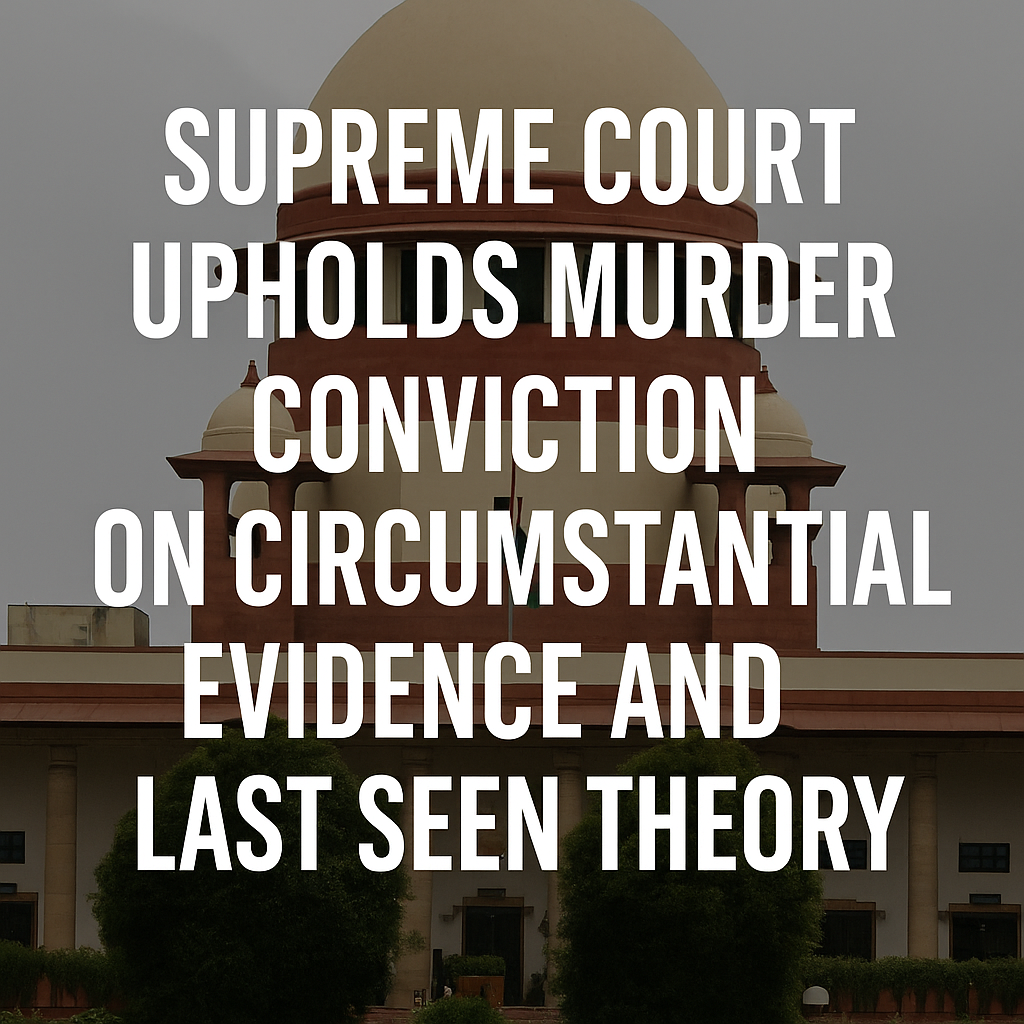Insolvency
Insolvency is a process whereby the loss of an undertaking or loss of individual have been regulated. At present, Insolvency and Bankruptcy are the two magic words coined in India everywhere. After the introduction of Insolvency and Bankruptcy Code, 2016, the shape of the field has got attention from all four corners. Earlier, the insolvency of individual had been governed by the provisions of Provincial Insolvency Act, 1920. Though there are provisions in the Insolvency and Bankruptcy Code, 2016 for governing individuals, so far, the new provisions have not been given effect. As far as the companies are concerned, the Provisions of Companies Act, 2013 read with the provisions of IBC Code will govern the issue regarding Winding Up. Now, the entire winding up process have been refined by virtue of the provisions of Insolvency and Bankruptcy Code, 2016. It helps the creditors in completing the insolvency process in a fixed manner of time. By fixing the time frame, the assets of such bankrupt companies can be sold at a better price. The IBC, 2016 refreshes the economy of India and much of the provisions concentrate upon the time frame and speedy disposal of insolvency process. The speedy mechanism will definitely boost the economy and always provide viable alternatives for reviving the company instead of declare it as Bankrupt. In such process, the role of Court has been limited. Earlier, the jurisdiction of those matters vest with the High Courts. Now, National Company Law Tribunal (NCLT) have been established, which are exclusively dealt with the issues under IBC, 2016 and the provisions of Companies Act. For the purpose of facilitating the process, Insolvency Resolution Professional be appointed to govern the issue of such companies. Advocate, Company Secretary, Chartered Accountant and Cost Accountant are eligible to be appointed as Insolvency Resolution Professional, subject to certain additional qualifications . So, Insolvency is the center point of the economy of our country.
Important and Latest Judgments
Indus Financial Ltd. v. Quantum Ltd.
It was held that two parallel proceedings one under the Securitisation and Reconstruction of Financial Assets and Enforcement of Security Interest Act, 2002 (‘Securitisation Act’) and the other under the Code could run side-by-side against the same debtor.
Schweitzer Systemetek India (P.) Ltd. (NCLAT)
Moratorium only operated against assets of the corporate debtor. But if an action was brought for enforcing the personal guarantee provided by the promoters of the corporate debtor, then the same would survive and can be proceeded against.
Innoventive Industries Ltd. v. ICICI Bank (SC)
It was held that once an insolvency professional is appointed to manage the company, the erstwhile directors who are no longer in management, cannot even maintain an appeal on behalf of the corporate debtor. Accordingly, any appeal filed by the erstwhile directors challenging an order of the NCLAT is not
maintainable.
Raj Oil Mills Ltd., In re. (NCLT)
Normally a viable solution was to give a preference to the decision taken by that financial creditor which had the largest percentage in the voting rights. Thus, the wishes of the creditor having 61 per cent vote share was preferred over the other creditors.



